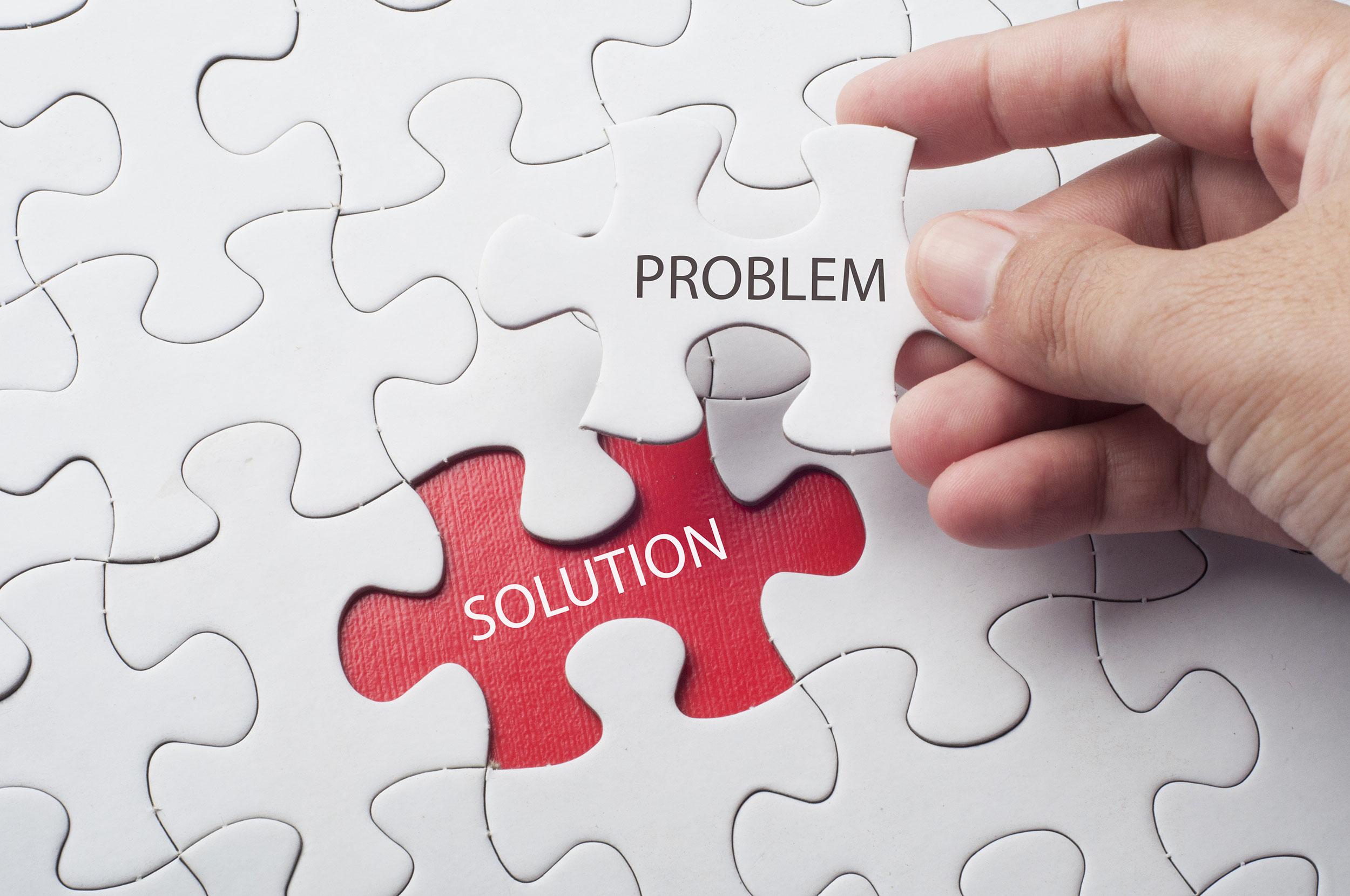
3 minute read
What businesses
WHAT BUSINESSES HAVE WHAT BUSINESSES HAVE LEARNED FROM THE LEARNED FROM THE COVID-19 PANDEMIC COVID-19 PANDEMIC
By: Toni Becker
Advertisement
The COVID-19 crisis continues to unfold every day, but one thing is certain, your business needs to build a strong resilience and take on new tactics in order to get through this difficult and unpredictable time. This “new normal” has placed us all in uncharted waters and has caused enormous vulnerability and stress, and no one has been untouched by the chaos of it all.
COVID-19 has brought with it a new reality, and we have all had to isolate from each other while trying to remain connected to clients and work. In order to survive, businesses and organisations have had to quickly become agile and adapt to new business models as they arise.
So, what can we take away from all of this chaos, and what tactics can we implement to protect our businesses and keep them alive and thriving?
Crisis Management and Swift Decision Making is Necessary:
Certain countries such as Taiwan and Mongolia responded exceptionally quickly to the pandemic as they have been through similar crises before. These countries immediately mandated the wearing of masks, put rigorous testing procedures into place and implemented contact tracing as soon as possible. What we can learn from this is that if you already have a plan in place for an emergency, you can quickly adapt to an emergency and prevent things from getting out of control. Businesses and organisations need to be prepared for anything and right now the world is still unaware of how bad the virus will get before it gets better. At this time, businesses need to take an in-depth look at their continuity and crisis plans, and build strategic plans for any possible situation.
Leaders also need to look at decision making processes and how these can be optimized for the benefit of the business.
In many cases, decision making has radically shifted and decisions that executive teams would have made during the normal course of business differ from those they have had to make during the COVID-19 pandemic.
What makes the pandemic situation unique is that unlike other crises that have a shorter or more predictable duration, this pandemic has an extended and uncertain duration. To deal with this, enterprises must revisit their core competencies. Determine what the core organisational competencies are, and decide how to leverage those to continue to generate revenue while also considering safety, continuity and resilience.
Businesses were blindsided by the COVID-19 pandemic, and they quickly learned that crisis communications teams were essential.
During times of such monumental crisis, communication with business partners, employees, stakeholders and customers become absolutely critical, but if this is not done correctly, it can become a major issue - miscommunication during a crisis can quickly become detrimental.
In the age of instant communication and social media it has become easy for messages to get confused and muddled and therefore clear roles and processes need to be followed, and in order to stick to this, key crisis communication spokespeople need to be trained.
Go Digital and Automate
The current crisis has proven just how big a role automation and digitisation has in business as it enables agility and quick responses to unforeseen circumstances. This is more than technology and encompasses a completely new process framework, one that allows for rapid response to changing situations.
By putting a fully rounded digital strategy in place, you are able to implement new processes with ease, stay in touch with employees and customers, and keep your sales running smoothly.
An example of this is the need for Customer Relationship Management software (CRM) in businesses. This is a system that companies can use to manage interactions with their customers and potential customers, and is a tool that is used for sales management, contact management, productivity and more.
Basically, this kind of system has the ability to coordinate customer data and ensures conflicts and human error do not occur during the sales process. The key lesson for companies is that they need to build resilience into the core of their business - this should be in their business' DNA.
Business leaders need to act quickly and decisively to any possible change that may arise and should be able to recover quickly from disaster if they have communication, digitisation, automation and planning in place. Once a business puts all of these tools in place - they can expect long-term business sustainability. Business has changed.
Communication has changed. Customer expectations have changed. It's time to acknowledge the impact that COVID-19 has had on our lives as we rebuild and normalise.








